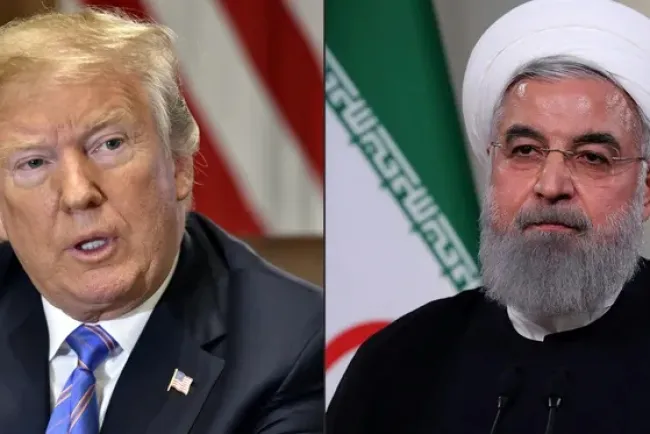India's Bold New Doctrine Against Terrorism: A Shift in Strategy
In a decisive move following Operation Sindhoor, Indian Prime Minister Narendra Modi has unveiled a groundbreaking national security doctrine aimed at countering terrorism. This new approach emphasizes a robust response, rejecting any tolerance for terrorist activities, particularly those backed by nuclear threats.
Key Elements of the Doctrine
Modi's doctrine is built around three pivotal pillars: a decisive response on India's terms, zero tolerance for terrorism disguised by nuclear blackmail, and a clear stance that terrorists and their sponsoring governments are indistinguishable. This marks a significant departure from India’s previous strategic restraint, solidifying a more aggressive posture against cross-border terrorism.
During his address, the Prime Minister asserted that the recent airstrikes on terror hubs in Pakistan were not merely reactive but indicative of a new national policy. He emphasized that India had inflicted substantial damage on military sites, claiming over 100 terrorists were neutralized in the process. This strategic clarity aims to deter future attacks and signals that India's patience has limits.
Addressing Pakistan's Terror Infrastructure
Modi issued a stark warning to Pakistan, urging the dismantling of its terror infrastructure if it wishes to avoid further conflict. He articulated that any future dialogues with Islamabad will be strictly limited to discussions about terrorism and the issue of Pakistan-occupied Kashmir. This shift in diplomatic strategy suggests a more hardline approach, with no room for negotiations unless terrorism is addressed.
Impact on Regional Dynamics
India's new stance is likely to reshape the regional security landscape. Ambassador Anil Vadwa, a former Indian envoy, noted that this evolving doctrine reflects a significant evolution in India's response to cross-border terrorism. The shift from strategic ambiguity to conditional clarity means that any terrorist action could provoke swift and severe retaliation from India.
The implications for Pakistan are profound. The longstanding strategy of "war by a thousand cuts," which aimed to bleed India through smaller, persistent attacks, may now require a reevaluation. As India demonstrates its willingness to respond with greater force, Pakistani military leaders may need to reconsider their tactics.
Conclusion
India's new doctrine against terrorism marks a pivotal moment in its national security strategy, prioritizing a proactive and aggressive response to threats. The message is clear: any act of terrorism will be met with decisive action. As regional tensions continue to evolve, both India and Pakistan face a crucial turning point in their ongoing conflict, with the potential for significant shifts in their military and diplomatic strategies. The international community will be watching closely as these developments unfold.
Stay updated with the latest insights into India's security policies and their implications for regional stability.
What's Your Reaction?















